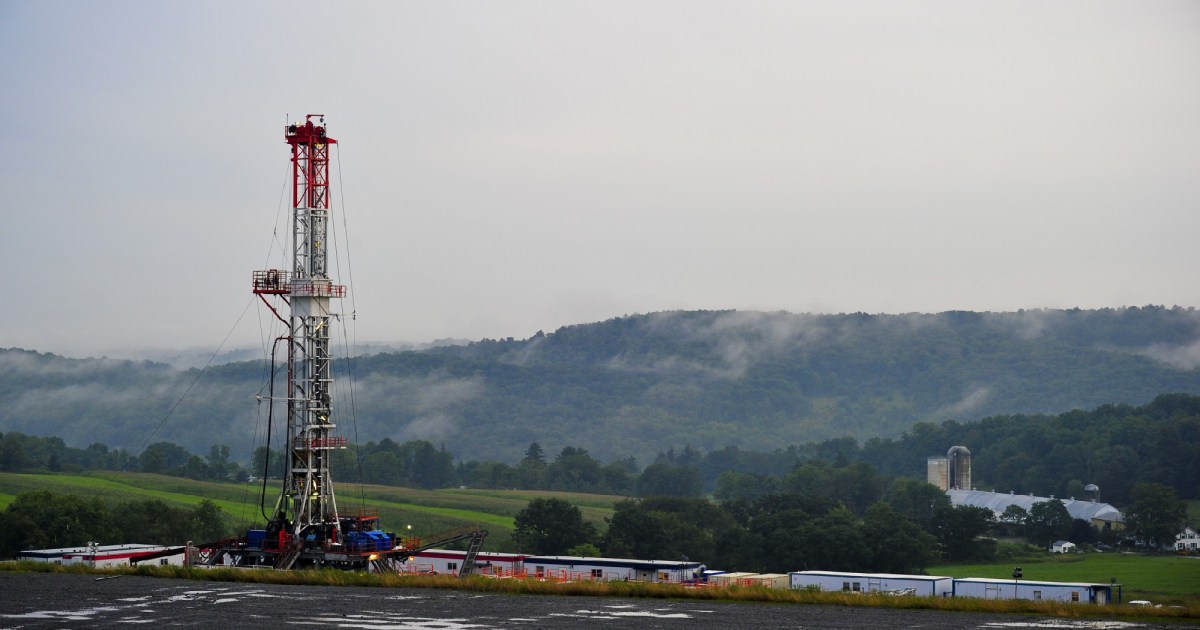To protect motorists from both slippery ice and vision-impairing dust, communities across Pennsylvania coat these roads with large, cheap volumes of de-icing and dust-suppressing fluids. In Lawson’s case, her township had been using oil and gas wastewater as a dust suppressant, believing the material was effective.
But researchers have found it is no better at controlling dust than rainwater. It can also contain toxic chemicals and have radioactive concentrations several hundred times the acceptable federal limit in drinking water. Given the risks it poses to human health and the environment, Pennsylvania lawmakers and the state’s environmental agency disallowed this practice more than seven years ago.
You must log in or # to comment.


